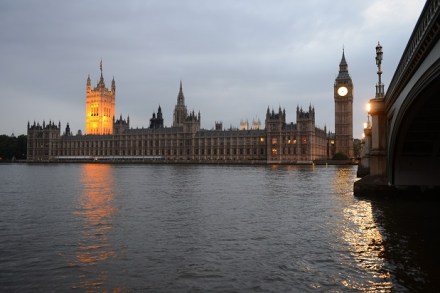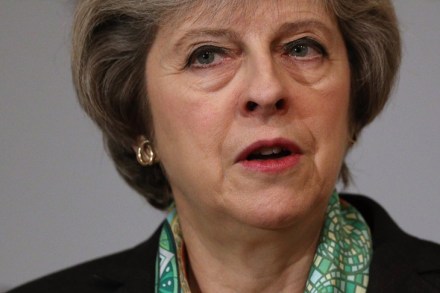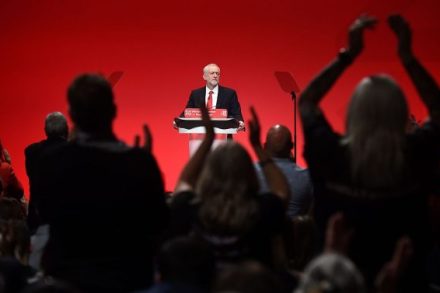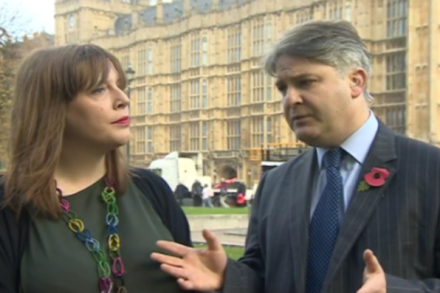The left are the Tories’ best friends
Modern British history is largely a history of Tory rule and misrule. The Tories governed Britain from 1886 until 1905 with only the Gladstone/Rosebery minority administration of 1892 to 1895 breaking their dominance. They were in power every year from 1916 until 1945, either on their own or in coalition, except for 11 months in 1924 and from 1929 to 1931, when minority Labour governments clung to office. The Tories governed on their own from 1951 to 1964, and from 1979 to 1997. They governed first in coalition and then on their own from 2010 until…Well, think of a number then double it. Opponents who know that the Conservatives are




















